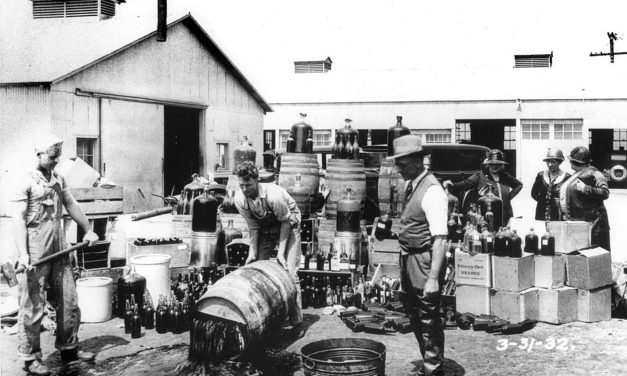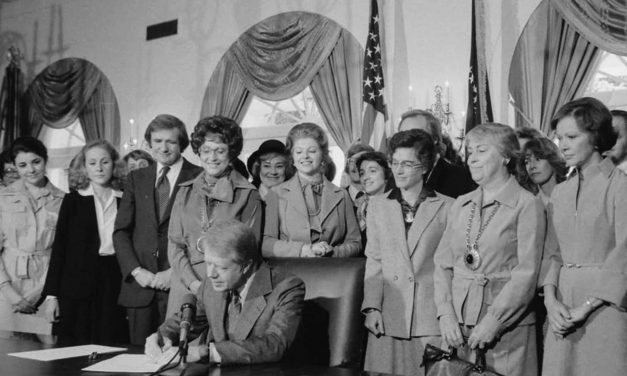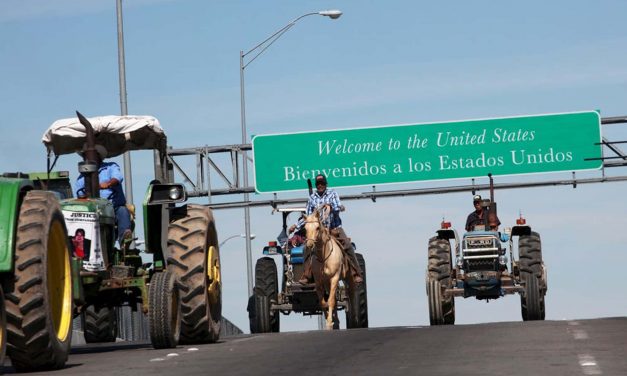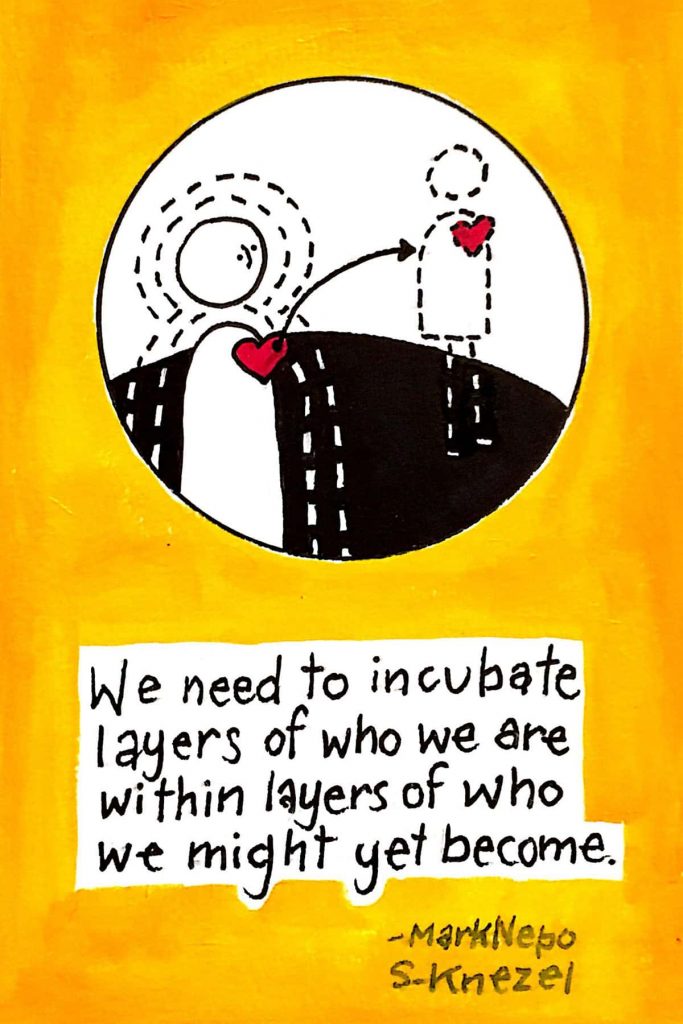Cyber-hygiene: Tips for cleaning up your a digital life in 2019
Elissa Redmiles, Ph.D. Student in Computer Science, University of Maryland Data breaches, widespread malware attacks and micro-targeted personalized advertising were lowlights of digital life in 2018. As technologies change, so does the advice security experts give for how to best stay safe. As 2019 begins, I’ve pulled together a short list of suggestions for keeping your digital life secure and free of manipulative disinformation. 1. Set your boundaries and stick to them As part of my research, I’ve recently been speaking with a number of sex workers in Europe about their digital security and privacy. One consistent thing I’ve...
Read More
















